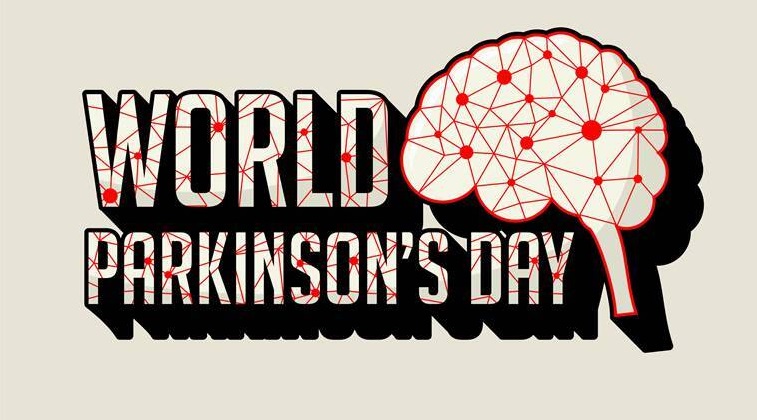
Every year, April 11 is observed as World Parkinson’s Day to raise awareness of Parkinson’s disease, which is a progressive nervous system disorder. This year, the theme is integrated healthcare. The day marks the birthday of Dr James Parkinson from London, who was the first person to systematically described the six individuals with the symptoms of Parkinson’s Disease. Additionally, the month of April is observed as Parkinson’s Awareness Month.
Buy Prime Test Series for all Banking, SSC, Insurance & other exams
Some of the issues that Parkinson’s patients face include:
- Cognitive problems: One may have problems with thinking, memory, judgment, and problem-solving. Patients, usually, become forgetful and have trouble finding words, difficulty in making decisions, have brain fog, and are unable to focus.
- Swallowing problems: Parkinson’s is a muscle movement disorder that impacts the muscles used in swallowing. If the symptoms are ignored, one may develop a condition called dysphagia (inability to swallow food). This can be accompanied by voice changes, coughing, and even choking.
- Sleep problems: This disease can invite a plethora of sleep problems. One may encounter issues such as sleep apnea, daytime sleepiness, nightmares, difficulty falling asleep or staying asleep, and inability to get a sound sleep after waking up.
- Psychological issues: Those having Parkinson’s for a long time often exhibit drastic changes in behaviour, including being depressed, anxious, stressed, irritated, frustrated, agitated, violent, restless, impatient, and will also have poor self-esteem. Hence, counselling and timely medication is a must, stressed Dr Pai.
- Sexual dysfunction: Drop in sexual interest and physical functioning will occur owing to the fall in dopamine levels. One will have a low sex drive, and an inability to have an orgasm or erection. Women may experience vaginal dryness.
- Sensory problems: Loss of smell, vision changes, aches, pains, and balance problems are commonly seen in those with Parkinson’s disease. Neglecting the condition can lead to disruption in day-to-day life activities.
- Bladder problems: The disease weakens the muscles in the digestive system which will slow down digestion, causing constipation. People will also be unable to pass urine.
- Dementia: A majority of patients with Parkinson’s disease may suffer from dementia in later life. They will also have problems with speech, hallucinations, and delusions.




 Which District is known as the Medical C...
Which District is known as the Medical C...
 Which was the First Women's University i...
Which was the First Women's University i...
 L&T Vyoma to Study 250 MW Green AI D...
L&T Vyoma to Study 250 MW Green AI D...








